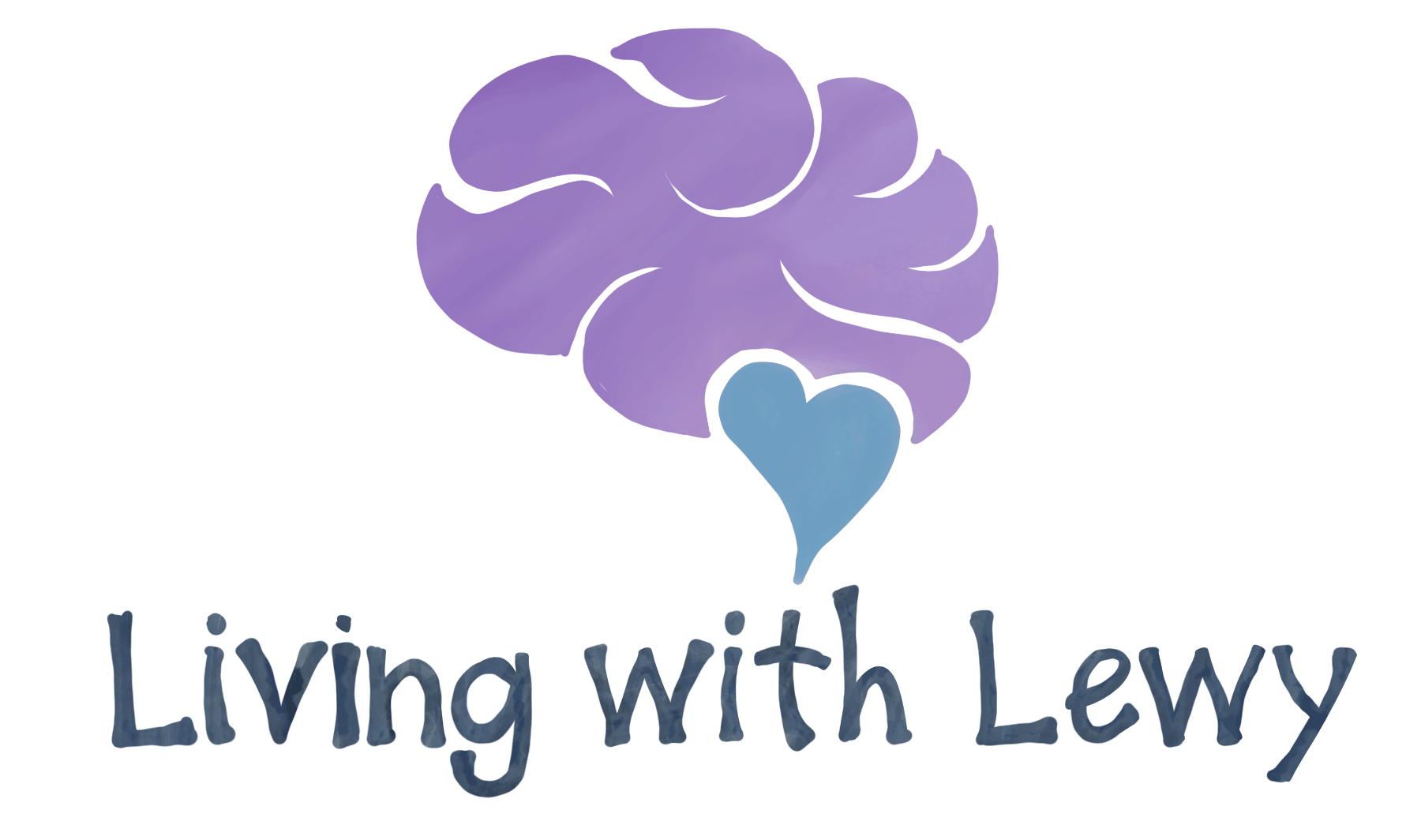Welcome to the rollercoaster ride that is Lewy Body Dementia (LBD). If you’re here, chances are you’re trying to figure out what exactly this condition is, why it behaves like a shape-shifting trickster, and how it’s different from Alzheimer’s. Grab a cup of coffee (or something stronger), and let’s break it down in a way that makes sense—and maybe even makes you smile.
So, What Is Lewy Body Dementia?
Lewy Body Dementia is like the mischievous cousin of Alzheimer’s—unpredictable, full of surprises, and not following any straightforward rules. It’s a progressive brain disease caused by abnormal protein deposits (called Lewy bodies) in the brain. These deposits mess with thinking, movement, and even basic bodily functions.
Imagine your loved one’s brain as a well-organized filing cabinet. LBD takes that cabinet, shakes it upside down, randomly shuffles the files, and occasionally sets a few on fire—just for fun.
How Is It Different from Alzheimer’s?
Alzheimer’s and LBD share some similarities, but they’re like two very different villains in the same movie. Here’s how they compare:
Feature |
Lewy Body Dementia (LBD) |
Alzheimer’s Disease |
| Memory Loss | Comes and goes, often later in the disease | Starts early and progresses steadily |
| Thinking & Attention | Fluctuates—one moment sharp, the next confused | Gradually declines over time |
| Hallucinations | Common! Often visual and detailed | Less common, usually later in disease |
| Movement Issues | Early symptoms include stiffness, tremors, and shuffling gait (similar to Parkinson’s) | Movement issues occur much later |
| Sleep Disturbances | Common—acting out dreams, extreme daytime sleepiness | Can happen, but not as early or severely |
| Response to Medications | Some dementia meds can cause severe reactions—handle with care! | More predictable medication response |
Basically, if your loved one is experiencing fluctuating confusion, vivid hallucinations, sleep problems, AND movement difficulties, there’s a good chance you’re dealing with LBD rather than Alzheimer’s. It’s like dementia with a few extra (unwanted) features.
Why Does This Matter?
Knowing the difference isn’t just about slapping a label on it—it’s about getting the right care. Since LBD affects the brain differently than Alzheimer’s, some treatments that work well for Alzheimer’s can be downright dangerous for LBD patients. For example:
- Many antipsychotic medications (often given for hallucinations) can cause severe reactions, making symptoms worse.
- Fluctuations in thinking mean your loved one might be totally lucid in the morning and completely lost by lunch—this isn’t stubbornness, it’s just how LBD works.
- Sleep disturbances are a major issue—understanding them can help prevent nighttime wandering, exhaustion, and even caregiver burnout.
What Can You Do?
If you suspect LBD, here’s your game plan:
- Get an accurate diagnosis – A neurologist or specialist familiar with LBD is your best bet. Misdiagnosis is common.
- Educate yourself – Understanding the unique challenges of LBD can help you adjust expectations and caregiving strategies. (Congrats! Reading this is a great start!)
- Be cautious with medications – Always check with a doctor who understands LBD before starting any new prescriptions.
- Find support – Caregiving for someone with LBD is a whole different ballgame. Support groups (both online and in person) can be lifesavers.
- Take care of YOU – This journey is tough. Give yourself grace, take breaks, and remember that you are doing an incredible job.
Final Thoughts
Lewy Body Dementia may be unpredictable and frustrating, but knowledge is power. The more you understand it, the better you can navigate its twists and turns. So take a deep breath, find some humor in the chaos, and know that you are NOT alone on this journey.
Got questions or personal experiences with LBD? Share them in the comments—we’re all in this together!
